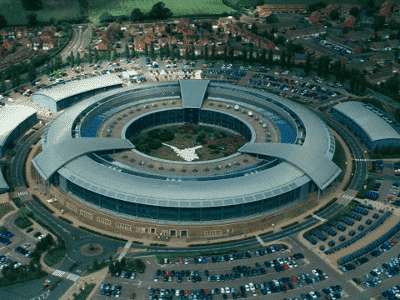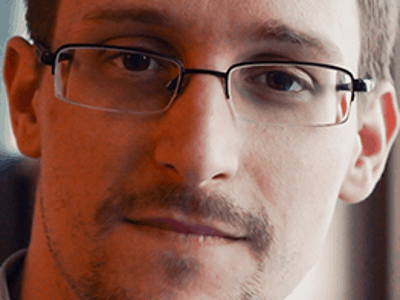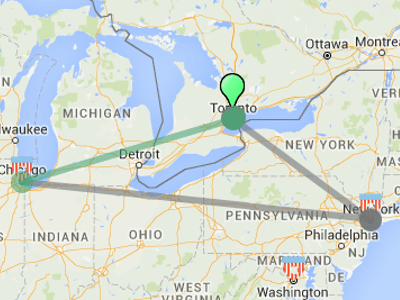

A new online interactive documentary called “I Spy (With My 5 Eyes)” outlines the history and current role played by the “Five Eyes” global spying network, comprised of government surveillance and intelligence agencies in the United States, the UK, Canada, Australia and New Zealand, all of which collaborate with each other to share intelligence in the name of keeping the world safe from cyber-criminals of various stripes.
Created and directed by International Emmy nominee Justin Pemberton, whose previous work includes The Nuclear Comeback and Chasing Great, “I Spy (With My 5 Eyes)” is a New Zealand-Canada co-production, financed by NZ on Air and the Canada Media Fund, with support from TakePart.com.
“I wanted the documentary to form a conversation about how the age of surveillance is changing the way our world operates – and to consider where it might be heading”, says Justin Pemberton.
The online documentary is comprised of five chapters, called Behind the Eyes, Cyber Warfare & Espionage, The Chilling Effect, Searching for Terrorists, and Into The Future, with each chapter allowing the viewer to dig deeper by interacting with content and also providing an opportunity for the audience to weigh in on the conversation.
Five Eyes: Canada is part of the group…
The interactive design was created by digital production and design agency Jam3, which won the Cannes Lion for an interactive documentary called “Bear71”.
The documentary is narrated by Lucy Lawless (yes, of Xena the Warrior Princess fame), and features interviews with ex-director of the NSA and CIA General Michael Hayden, investigative journalist Nicky Hager, cyber security expert Brian Contos, NSA whistleblower William Binney, and former Anonymous hacker Gregg Housh, among others, several of whom provide a rationale for the total surveillance and cyber security pursued by government agencies while several others ponder the implications that this choice between freedom and security has for the democratic way of life that these countries have in common.
The film arrives as the government of the United Kingdom passes the Investigatory Powers Act 2016 (aka. the “Snoopers’ Charter”) into law, easily creating the farthest reaching and most invasive surveillance legislation in the industrialized world, requiring internet and phone companies to store every user’s web browsing histories for 12 months and to offer police, security services and official agencies unprecedented access to that data, as well as giving the security services and police new powers to hack into computers and telephones and to indiscriminately collect communications data in bulk.
Meanwhile, Canada’s Communications Security Establishment Canada (CSEC) has recently had a new $867 million, 775,000 square foot headquarters built for it, right next to CSIS headquarters.
CSEC employs about 2,000 people and specializes in cryptology, intercepting and interpreting metadata on foreign communications, and sharing its information with CSIS and also with the other four members of the Five Eyes group.
In August of 2014, CSEC commissioner Jean-Pierre Plouffe revealed that the agency had kept 66 “unintentionally obtained” communications and revealed several instances in which “procedures relating to the identification of private communications were not followed correctly by CSEC employees.”
While leaked documents have outlined CSEC’s attempt over a two week period to use airport WiFi and user ID data to identify patterns and geographic locations of individual travellers, there is precious little else known about how this organization actually operates.
Nations spy on each other all the time, mostly unbeknownst to the public, with details of particular operations coming into the light on the rare occasions when they get caught, such as the unintentional leak of slides in 2013 which revealed that CSEC had been spying on Brazil’s Ministry of Mines and Energy (MME), creating a tricky situation with a country that Canada has otherwise good relations with.
The documentary alludes to the famous line from the film The Wizard of Oz: “Pay no attention to the man behind the curtain!” But in the case of the Five Eyes, attention should probably be paid.
File Under: Five Eyes Canada
Leave a Reply
You must be logged in to post a comment.





 Share
Share Tweet
Tweet Share
Share




Comment